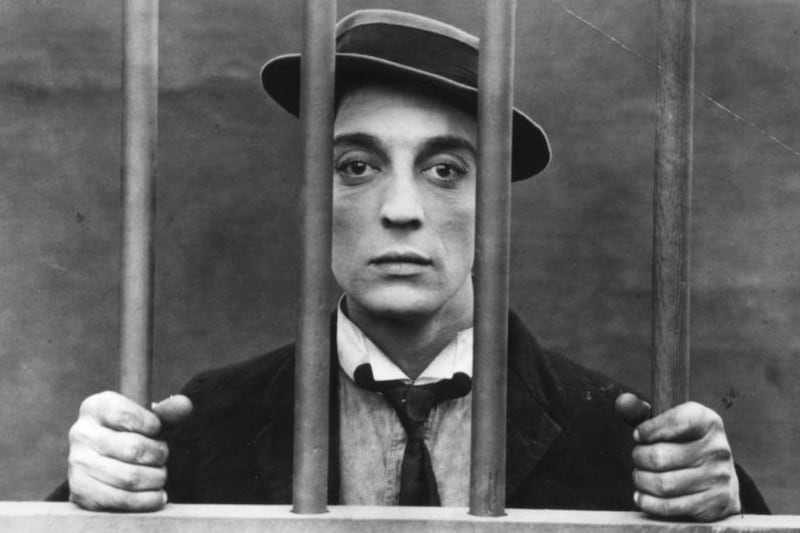I’M SHOWING my age here but when I was growing up the classic films of Buster Keaton, Charlie Chaplin, Harold Lloyd and the incomparable Stan Laurel and Oliver Hardy were an everyday part of the TV schedules.
Those beautiful little black and white windows into the world of cinema's greatest ever clowns were a fixture on early evening BBC Two and the world was an altogether better place for that.
Despite their age and the sometimes creaky nature of the prints, the antics of Keaton and company always seemed bang on the money. Fresh, inventive and – most importantly – funny comedies that made you laugh so hard you’d be rolling around the living room floor until your da ruined everything by flicking the channel over to the local news on BBC One.
Today the only way a new generation can hope to experience the monochrome magic of those comedic pioneers is through Blu-ray box sets like Buster Keaton’s Complete Short Films (Eureka Home Entertainment). A lovingly pieced-together tribute to the man and his early work, the set features 32 films over four discs (with a combined running time of over 720 minutes) that document Keaton’s short films from between 1917 and 1923.
That’s a lot of material for any cineaste to consume but the rewards awaiting anyone willing to wade through the game changing gag fests on offer here are many.
It’s not, it should be said, all plain comic sailing however. Keaton, like Chaplin, came from a music hall and vaudeville background and there’s a lot of the simplicity and sometimes overbearing sentimentality associated with that style on show in old stony face’s first cinematic outings with comic Roy 'Fatty' Arbuckle. These double-act efforts are odd to see given the subsequent fall from grace of Arbuckle (Google him for the full sordid story of his decline) and the fact that we traditionally think of Keaton as very much a man alone.
His best work comes with the 20-minute two reelers he started making from 1920. These include the famous One Week (1920), which included that once seen never forgotten stunt where an entire house front falls on top of him with only an upper window frame going over him and saving him from being instantly crushed. It was a sequence measured out to the centimetre and set the bar for all future death-defying antics in films like Steamboat Bill Junior (1928), Cops (1922) and The Balloonatic (1923).
Orson Welles referred to Keaton as the king of the cinematic clowns and watching him here – even as his career is only starting to take off – it’s easy to see why.
As a way into the wild and wonderful world of an early comic genius this is a bit of a sprawling beast of a box set that requires dedication to deal with. Despite Eureka’s fine packaging and informative booklet some of the prints are in less than pristine condition too.
Until BBC Two reintroduces those classic early evening double bills, though, it’ll just have to do.





